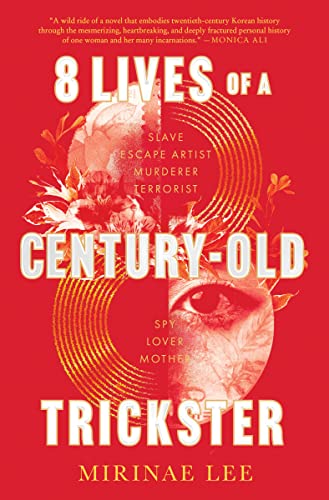8 Lives of a Century-Old Trickster
Dumped by a cheating husband, a hospice worker in modern-day Seoul seeks solace in helping inmates write down their obituaries. After all, ‘(looking) ahead to the end of their lives, people feel the urge to leave their footprints on this world, no matter how small they may be.’ There is something different about one inmate, Grandma Mook. Ms Mook’s footprints are certainly not small. She has taken on eight avatars in a past that straddles both sides of the border that divides Korea. She has murdered four men, deceived her husband, and is a wanted terrorist. And yet, in a dazzling feat of storytelling, she is a lovable character. Her tales of brutality, grit, hope, love, and redemption are too fantastic to be untrue.
One could quibble over flaws of phrasing: a young boy in a remote village is unlikely to describe his life as a zero-sum game. Nor is Ms Mook likely to think of any entity as a doppelgänger. The great virtues of this unique work make quibbles irrelevant. It is a cracking good read, rich with social commentary and historical detail. Some passages are difficult reading; they have to be. The horrors of the “comfort station” – military brothel – are told with quiet fury. Notably, after the Japanese occupation, some comfort stations continued under American sponsorship. Among other things, 8 Lives is an antidote to the toxic work of the academics and politicians who deny the systemic war crimes of the Japanese Imperial Army.
No less than five chapters of the book were published as short stories. With its finely chiselled prose and perfectly segueing vignettes of Grandma Mook’s life, this is a novel that advances the art of short fiction.










